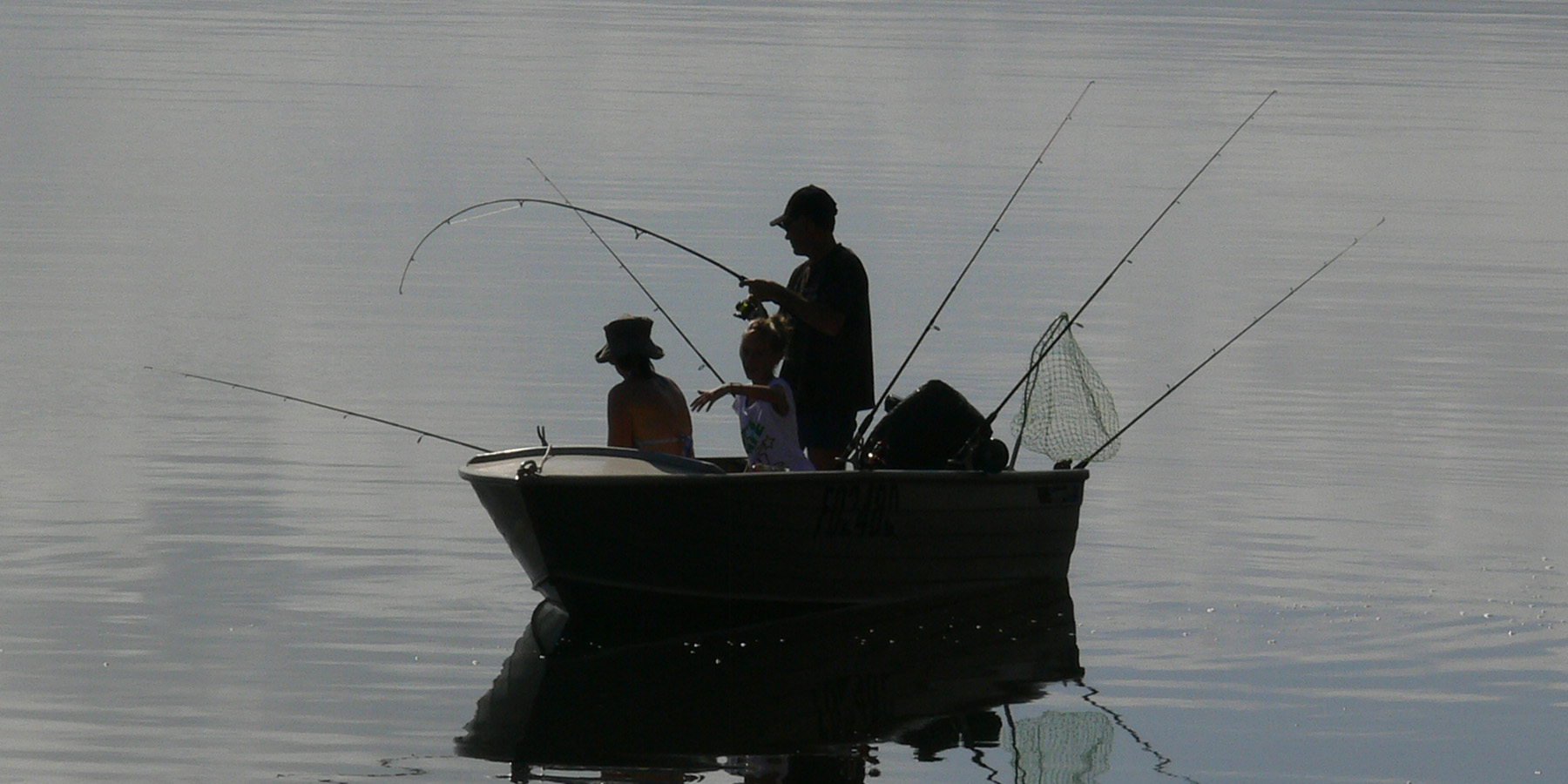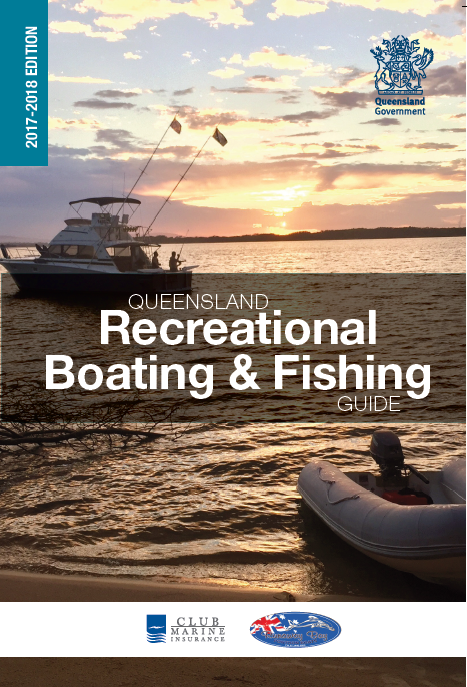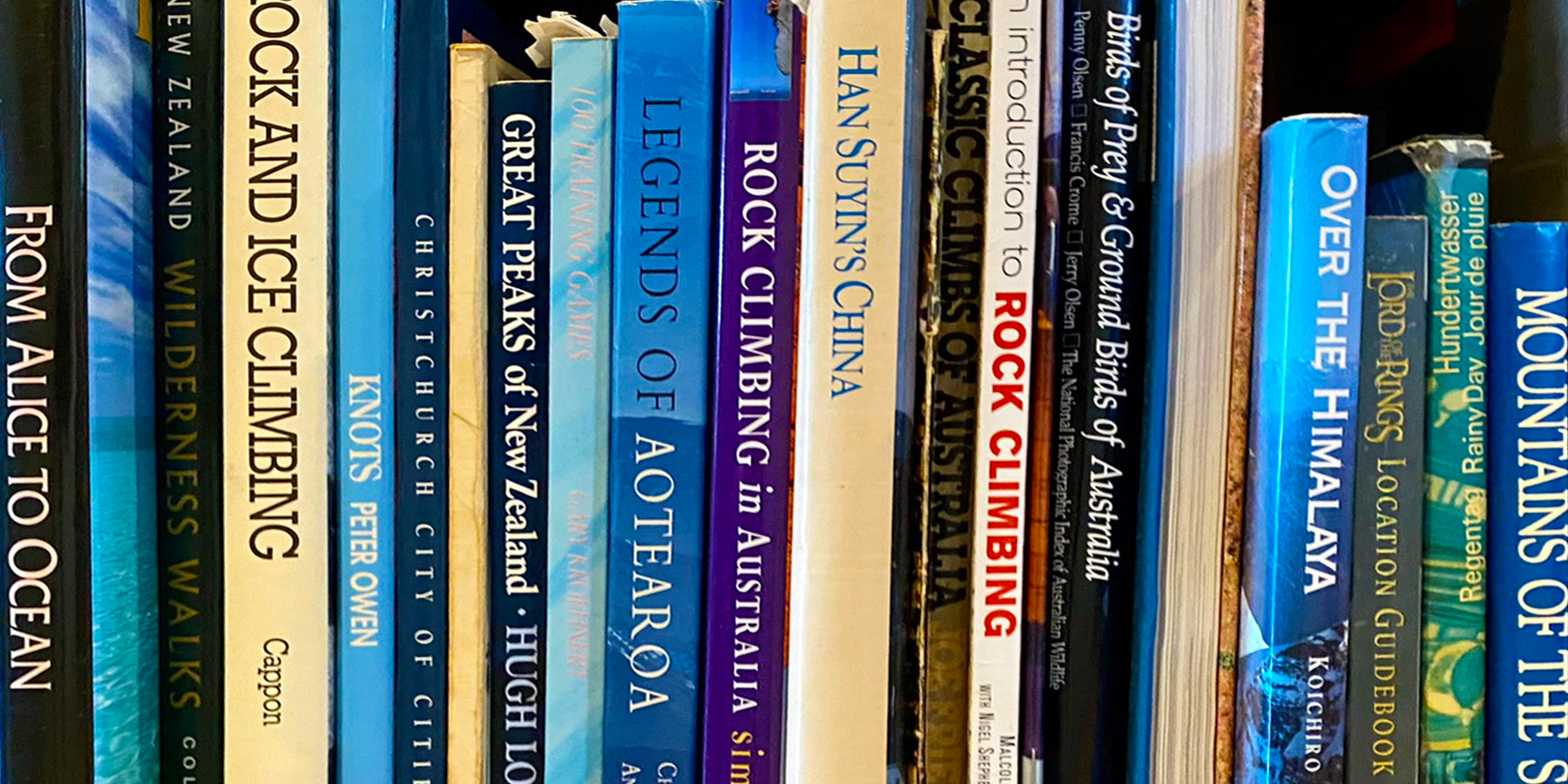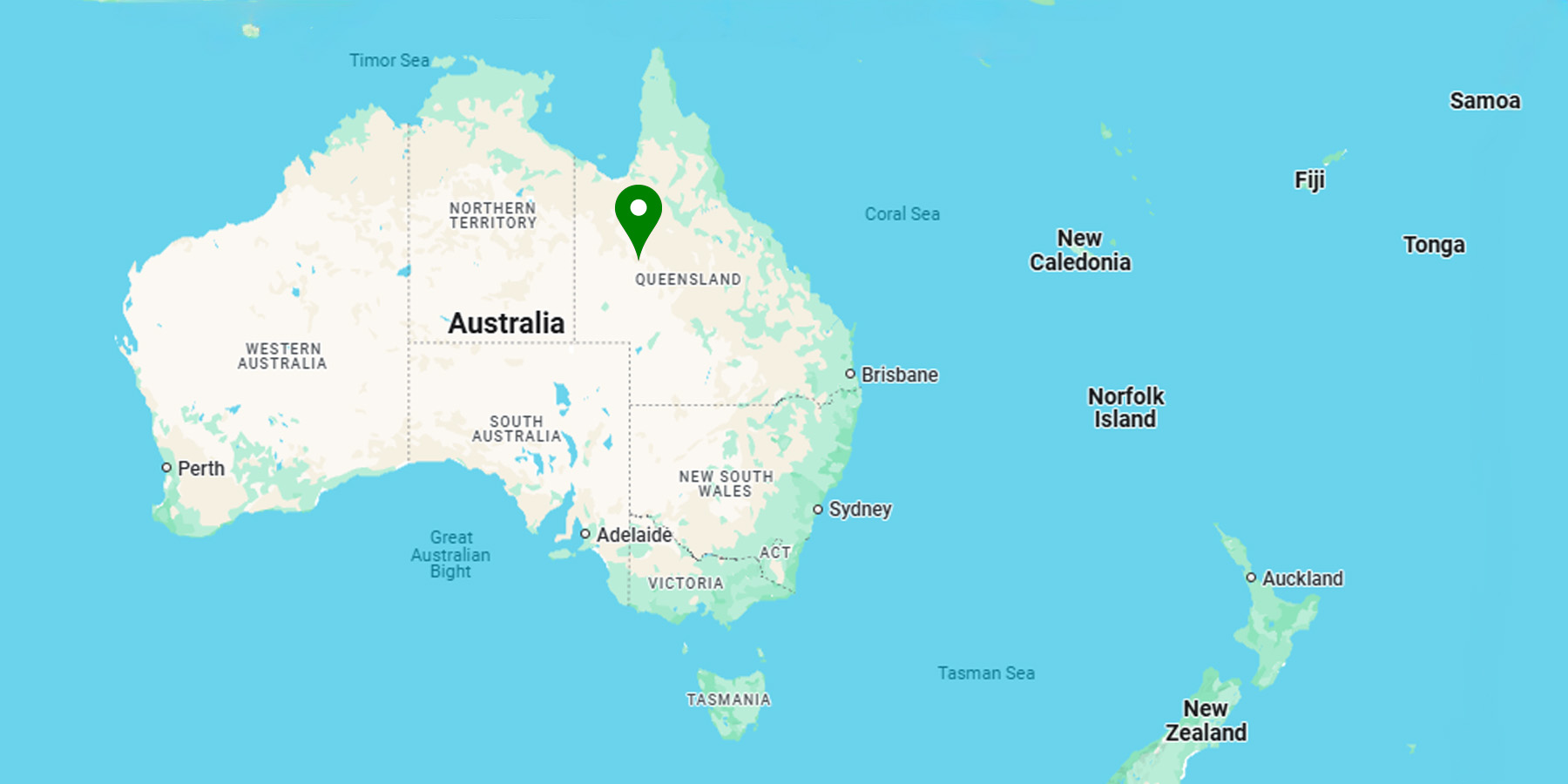
Varinia Jaenke
Fishing is the activity of trying to catch fish. Fish are often caught as wildlife from the natural environment (fresh water or marine) but may also be caught from stocked bodies of water such as ponds, canals, park wetlands and reservoirs. Techniques include hand-gathering, spearing, netting, angling, and trapping. The term broadly includes catching aquatic animals other than fish, such as crustaceans (shrimp/lobsters/crabs), shellfish, cephalopods (octopus/squid) and echinoderms (starfish/sea urchins).
Fishing has been an important part of human culture since hunter-gatherer times and is one of the few food production activities that have persisted from prehistory into the modern age, surviving both the Neolithic Revolution and successive Industrial Revolutions. In addition to being caught to be eaten for food, fish are caught as recreational pastimes. Competitions are held, and caught fish are sometimes kept long-term as preserved or living trophies. When bioblitzes occur, fish are typically caught, identified, and then released.
Source: Wikipedia
Tips & Resources
Queensland Recreational Fishing
Provides information covering general rules and requirements for boating and fishing in Queensland.

Comprehensive up-to-date information on boating and fishing rules and regulations. The guide contains information on marine safety and boat licensing, boat trip preparation, marine park zonings and recreational rules. Produced in conjunction with Maritime Safety Queensland and Department of Natural Parks, Sport and Recreation and the Great Barrier Reef Marine Park Authority.
Queensland Freshwater Fishing Pocket Guide
This guide is intended to provide a brief overview of species, size and possession limits for recreational fishing in Queensland’s freshwater areas. There are other important rules that apply in Queensland, including closures and filleting. (login needed)
Queensland Tidal Water Fishing Pocket Guide
This guide is intended to provide a brief overview of species, size and possession limits for recreational fishing in Queensland. There are other important rules that apply in Queensland, including closures and filleting. (login needed)

QLD Fishing 2.0
Using the new recreational fishing app, you can:
- browse or search for fish species, view species description and scientific name
- access and search Queensland’s fishing rules, including possession limits, size limits and closures
- contact Fisheries Queensland and report unlawful fishing to the FishWatch hotline
- opt-in to receive Fisheries Queensland notifications, including reminders about upcoming closures
- purchase a permit to fish in one of our 63 stocked dams or weirs (via a link to the Australia Post SIPS sales platform)
- access geotargeted fishing rules to help determine if fishing is allowed in a particular location. This feature uses location maps and spatial data
- submit a photo of your catch and use the app’s artificial intelligence feature to assist in identifying the species The Fish ID tool is only available for a limited number of common Queensland fish species
- learn more information about your catch through the provision of information such as species, size, approximate age, and compare the size of your fish to others. This ageing feature is only available for a limited number of common Queensland fish species
- submit information, make an enquiry or complaint to Fisheries Queensland.
Recreational Fishing
Department of Primary Industries
Queenslanders are keen anglers. Each year, more than 700,000 fish for recreation, with anglers taking home around 8500 tonnes of fin fish, crabs and prawns. Queensland’s fisheries resources are also important for tourism, attracting anglers from around Australia and the world.
- Recreational Fishing
- Recreational fishing rules and regulations for Queensland
- Fishing in stocked impoundments
Social Media
Helping to create a diverse economy and protecting Queensland’s fisheries resources.
Maritime Safety Queensland is a branch of the Department of Transport and Main Roads within the Customer Services, Safety and Regulation Division. Our role is to protect Queensland’s waterways and the people who use them—providing safer, cleaner seas.
Maritime Safety Queensland is responsible for:
- improving maritime safety for shipping and small craft through regulation and education
- minimising vessel-sourced waste and responding to marine pollution
- providing essential maritime services such as aids to navigation and vessel traffic services
- encouraging and supporting innovation in the maritime industry.
The Australian Recreational Fishing Foundation is the peak representative body to the Australian Federal Government.
The Australian Recreation Fishing Foundation is the national representative organisation for recreational fishing in Australia. Together with our members, we strive to support Australia’s 5 million recreational fishers and promote ethical, sustainable, and enjoyable fishing.
Weather information is essential for the safety and enjoyment of marine-based activities. Organisers should know where to get weather information and understand what it means to safely plan and manage their activity. This guide provides tips on getting weather information and a quick guide to weather hazards and warnings relevant to marine outdoor adventure activities (such as sea kayaking, fishing, and boating)
Download: Weather guide for marine outdoor adventure activities
Queensland Weather Forecast (Weatherzone)
Related Articles

Fishers have a responsibility to ensure they understand Queensland’s fishing rules.
Not knowing can result in $4000 fines
Fishers are being urged to make sure they know Queensland’s fishing rules after five Sunshine Coast fishers were recently fined a total of $4000 for taking undersized fish.
Minister for Agricultural Industry Development and Fisheries Mark Furner said QBFP officers found the fishers with 150 undersize fish on Chambers Island in the Maroochy River on New Year’s Day 2018.
“The fishers had used a cast net to take the fish and, when approached by QBFP officers, claimed to have no knowledge of Queensland’s fishing rules,” Mr Furner said.
“We cannot stress enough that fishers have a responsibility to ensure they understand and are up-to-date with Queensland’s fishing rules.
“Fishing rules exist to protect fisheries resources and ensure a sustainable fishery for our children and grandchildren.
“That is why we passed our Fisheries reforms to give QBFP officers stronger powers and increase penalties for breaching the rules.”
Queensland Boating & Fisheries Patrol (QBFP) District Officer Russell Overton said: “Ignorance is no excuse and, in this instance, not knowing the rules has ended in a very costly day out”.
“All of the fishers pleaded guilty in the Maroochydore Magistrates Court and were each fined $800 with no conviction recorded,” he said.
Mr Overton said the case also highlighted the value of QBFP’s Fishwatch hotline.
“Officers responded quickly after a concerned member of the public called the Fishwatch 24-hour hotline to report suspicious activity on the island,” he said.
“The call allowed the officers to promptly intercept the fishers who tried to hide most of their catch, which included whiting, bream and flathead, and flee the island with the rest of it.
“QBFP relies greatly on the community’s support to provide relevant and timely information relating to potential offences concerning our valuable fishery resources.
“People who suspect illegal fishing activity should report it to the Fishwatch hotline on 1800 017 116.
“The registration details of the alleged offenders car and or boat should be collected and reported to the Fishwatch hotline but don’t engage with the person, as this can compromise an investigation and possibly your safety.”
For more information on Queensland fishing rules and regulations, visit www.fisheries.qld.gov.au, call 13 25 23 or download the free ‘Qld Fishing’ app from Apple and Google app stores.
Follow Fisheries Queensland on Facebook, Twitter and Instagram (@FisheriesQld).
Source
Media Statements
Minister for Agricultural Industry Development and Fisheries
The Honourable Mark Furner
Don’t be a fool – know your rules

Don’t forget to check the rules before you drop a line in the water.
Just like fresh Queensland prawns for Christmas lunch, fishing and summer are a perfect match.
Minister for Agricultural Industry Development and Fisheries Mark Furner said taking your children out fishing over the summer holidays, or just going out on the water with friends, created lifetime memories.
“But if you are planning a fishing trip this holiday season, don’t forget to check the rules before you drop a line in the water,” Minister Furner said.
”It’s important that everyone is aware of and follows the rules, which ensure sustainable fisheries for future generations of Queensland fishers.
“Everybody, regardless of whether they are experienced or first timers, should familiarise themselves with the relevant rules that apply, including size and possession limits, how to correctly measure fish, fishing gear restrictions and closed seasons.
“There are different rules for fishing in tidal and fresh waters, marine parks and interstate.”
Fishing tips and responsibilities
- Check your limits
For a list of size and possession limits, visit www.fisheries.qld.gov.au or download the Qld Fishing app. - Measuring devices
Use a ruler with an end stop to measure the length of your fish or a crab gauge to measure your crabs. - Identify your catch
Always carry a fish identification guide or download the Qld Fishing app. Fish that look similar can actually be different species with different size and possession limits. If you can’t ID it, free it. - Gently does it
When a fish is hooked, avoid playing it on the line for too long. A stressed fish will quickly become exhausted and have less chance of survival if required to be released. - Check your gear
A number of restrictions apply to fishing gear. Check the rules at www.fisheries.qld.gov.au
If it’s not yours, don’t touch it Interfering with crab apparatus you didn’t set is illegal. If you see apparatus that may have been abandoned, report it to Fishwatch on 1800 017 116.
The Minister said anglers could also purchase a Stocked Impoundment Permit (SIP) before fishing in any of our 63 stocked dams and weirs.
“Stocked impoundments are replenished regularly making them the perfect sustainable fishing option,” he said.
“Species stocked include barramundi, golden perch, silver perch, Australian bass, Mary River cod, Murray River cod and saratoga.”
The cost of an annual permit is $50 per person, $36 for concession card holders or $10 for a weekly permit. Permits are available at www.fisheries.qld.gov.au, by calling 1300 575 359, or at any Australia Post outlet in Queensland.
To report any suspected illegal fishing activity, call the Fishwatch hotline on 1800 017 116.
For more information on Queensland fishing rules including fish identification and SIPs, visit www.fisheries.qld.gov.au, call 13 25 23 or download the free ‘Qld Fishing’ app from Apple and Google app stores.
Follow Fisheries Queensland on Facebook, Twitter and Instagram (@FisheriesQld).
Source
Media Statements
Minister for Agricultural Industry Development and Fisheries
The Honourable Mark Furner
Device to save rock fisher lives
Rock fishers could be the real winners of student’s prized idea of sending a text if they’re swept from rocks.

It is considered one of the most dangerous sports in Australia, and yet more than 1 million people take part in rock fishing every year.
Isaac Heagney, who has a passion for fishing, spent his HSC year developing an invention that could help save the lives of rock fishers who end up in the water.
“Once it’s completely underwater, it sends a message and then the GPS’s coordinates are sent to a nominated phone number,” he said.
Source
ABC News
Providers
Find a book!
Search for fishing books and DVD’s in the Shop.
(search in Shop Categories)
Discover
Search for fishing providers in Discover
(search on ‘fishing’ in Select Activity)
Recommend a Resource
Have an interesting or useful resource or link to share?
Let us know by Recommending a Resource




